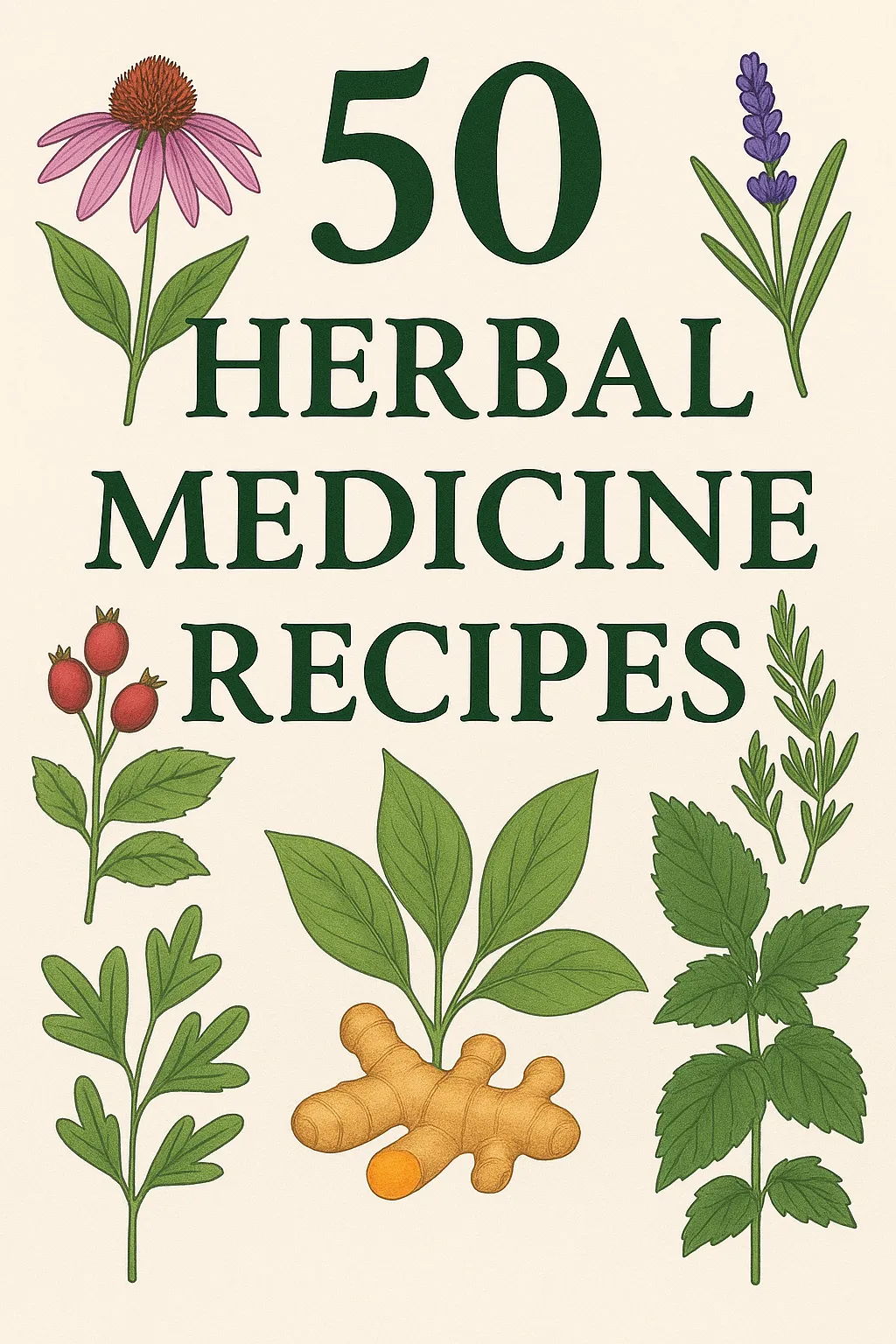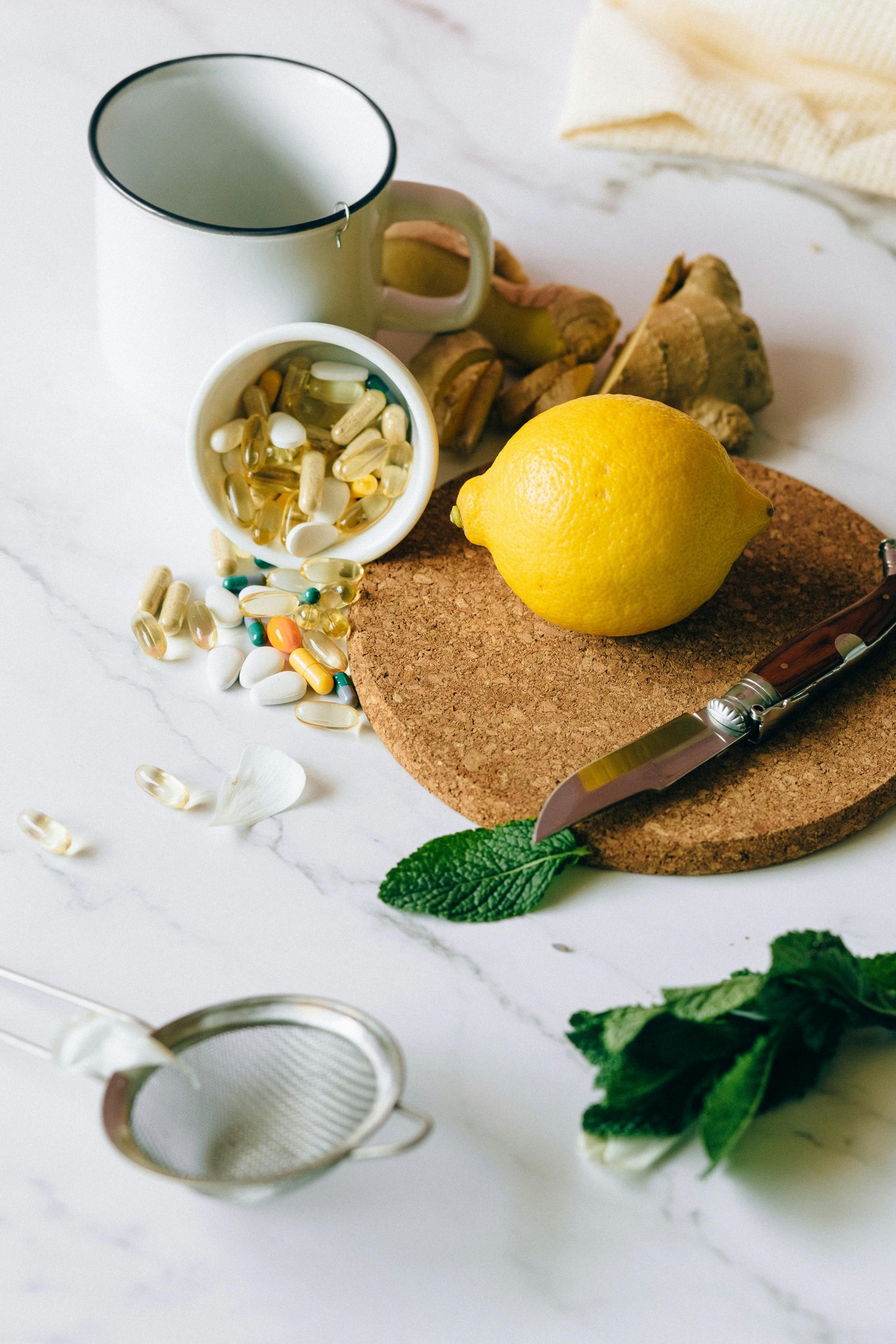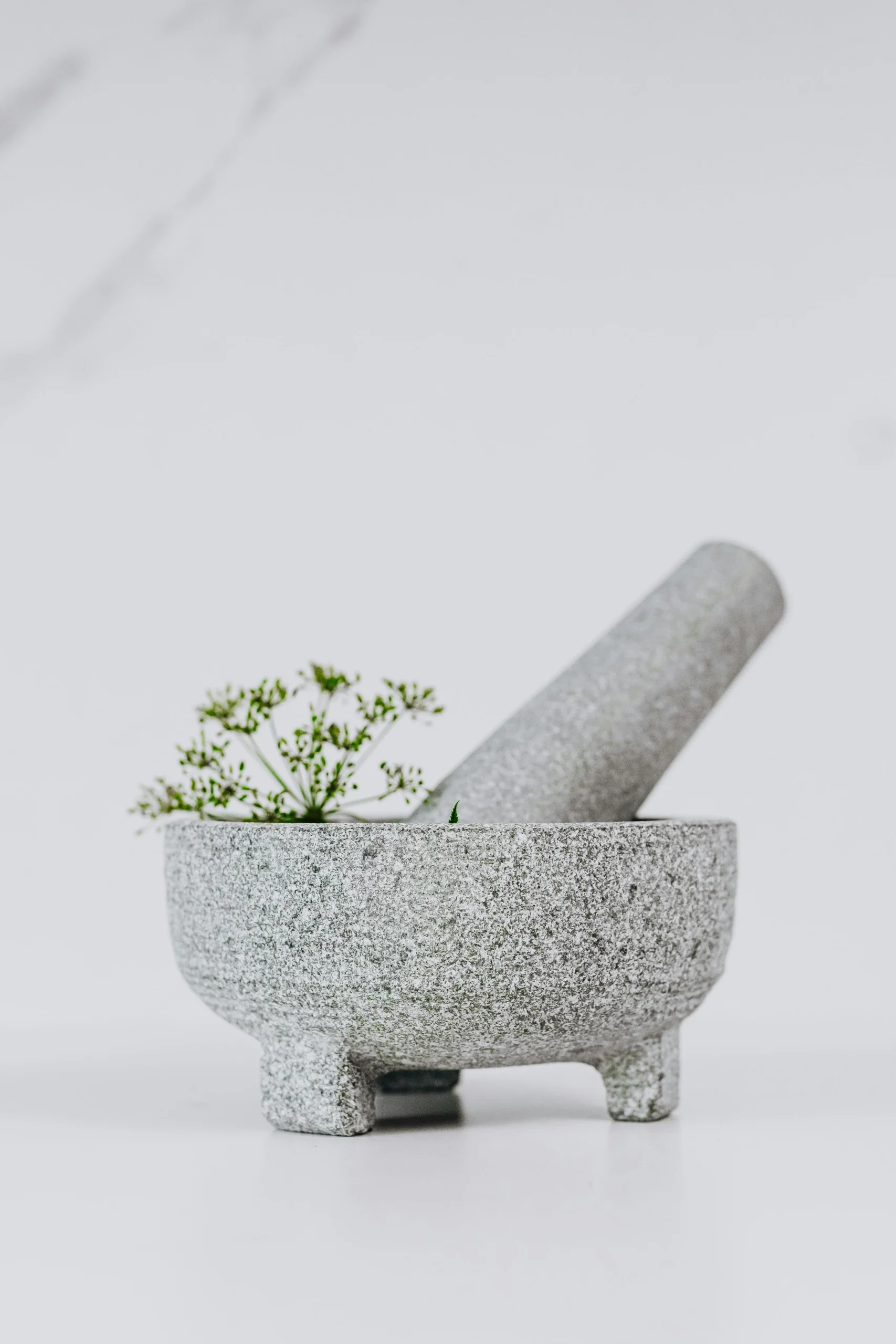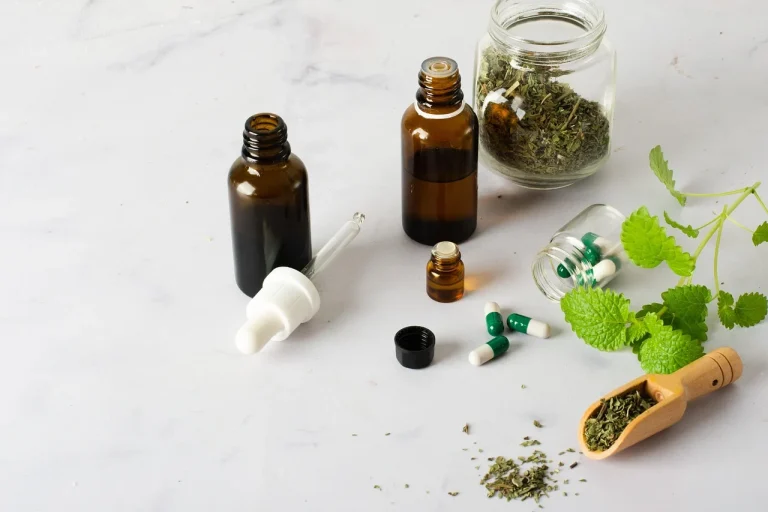Rediscovering Herbal Healing in Your Own Kitchen
Have you ever wished you could take control of your health without relying so heavily on store-bought solutions? Maybe you’ve stood in a pharmacy aisle overwhelmed by labels, prices, and side effects. If so, you’re not alone—and you’re in the right place.
The good news is that nature has been offering you remedies all along. These herbal medicine recipes have been used for generations to heal, soothe, and strengthen the body—naturally. You can create them yourself with ingredients you likely already have in your kitchen or garden.

In this guide, you’ll find 50 powerful and practical recipes covering everything from immunity and digestion to sleep, stress, and skin health. It’s more than a collection—it’s your personal path to natural wellness.
Getting Started with Herbal Medicine at Home

Before you dive into these herbal medicine recipes, a few basics will set you up for success.
What You’ll Need:
-
Glass jars with tight lids
-
Strainers, funnels, cheesecloth
-
Measuring spoons and cups
-
Dropper bottles (for tinctures)
-
A quiet place to label and store your remedies
Key Ingredients to Have on Hand:
-
Dried herbs like chamomile, peppermint, calendula, and elderberry
-
Raw honey, apple cider vinegar, and pure alcohol (for tinctures)
-
Carrier oils (olive, coconut, almond)
-
Beeswax (for balms and salves)
Types of Herbal Preparations
These recipes fall into categories you can use in everyday life:
-
Infusions & Teas: Great for gentle internal use
-
Decoctions: Stronger water-based remedies for roots/barks
-
Tinctures: Alcohol-based extracts for long shelf life
-
Salves & Balms: For topical healing
-
Syrups: Immune-boosting and soothing
-
Poultices: For external wounds, bites, and muscle pain
-
Oxymels & Tonics: Combos of honey, vinegar, and herbs for wellness
Immune Support & Cold Relief (Recipes 1–10)

These herbal medicine recipes help you fight off colds, flu, and viruses naturally.
-
Elderberry Syrup – Antiviral and immune-boosting
-
Fire Cider – Spicy, immune-supporting vinegar tonic
-
Ginger-Lemon Tea – Warming and anti-inflammatory
-
Echinacea Tincture – Strengthens immune system
-
Onion-Honey Cough Syrup – Soothes the throat and clears mucus
-
Thyme Steam Inhalation – Opens sinuses and clears airways
-
Licorice Root Tea – Soothes sore throats
-
Garlic Infused Honey – Antibacterial and shelf-stable
-
Nettle Tea – Immune tonic rich in nutrients
-
Mullein Leaf Tea – Cleanses lungs and supports breathing
👉 Want to go even deeper? Discover Medicinal Garden Kit—a powerful resource packed with ancient recipes, medicinal foods, and forgotten healing ingredients that could transform your home apothecary.
Digestive Health & Detox (Recipes 11–20)
Keep your digestive system balanced with these gentle yet powerful remedies.
-
Chamomile-Ginger Tea – Relieves bloating and cramping
-
Peppermint Infusion – Calms the digestive tract
-
Slippery Elm Bark Lozenges – Soothes ulcers and acid reflux
-
Bitters Blend Tincture – Stimulates digestion
-
Dandelion Root Decoction – Supports liver and gallbladder
-
Fennel Seed Chew – A natural breath freshener and carminative
-
Activated Charcoal Paste – Helps with gas and mild food poisoning
-
Digestive Fire Vinegar (Spicy ACV blend) – Enhances gut function
-
Apple Cider Vinegar and Honey Tonic – Classic morning detox
-
Lemon Balm Tea – Calms the nervous system and the belly
Pain & Inflammation Relief (Recipes 21–30)
Soothe sore muscles and calm inflamed joints with these herbal solutions.
-
Turmeric-Ginger Paste – Internal support for pain and swelling
-
White Willow Bark Tea – Nature’s aspirin
-
Cayenne Salve – Excellent for arthritis and nerve pain
-
Arnica Oil Infusion – For bruises and sore muscles
-
Meadowsweet Tea – Pain-relieving and anti-inflammatory
-
Comfrey Poultice – Used traditionally for bone healing
-
Skullcap Tincture – Reduces tension and spasms
-
St. John’s Wort Oil – Helps nerve pain and sciatica
-
Lavender Bath Soak – Calms mind and eases pain
-
Epsom Salt with Herbal Infusion – Deep muscle relaxation
Skin, Wounds & First Aid (Recipes 31–40)
These herbal blends are for cuts, burns, bug bites, and rashes.
-
Calendula Salve – Speeds up skin healing
-
Plantain Leaf Poultice – Draws out infection and venom
-
Herbal Burn Spray (with aloe + lavender) – Cools and protects
-
Chickweed Anti-Itch Balm – For eczema and bug bites
-
Yarrow Powder for Cuts – Stops bleeding fast
-
Witch Hazel Toner – For acne and skin inflammation
-
Comfrey and Chamomile Cream – Gentle wound and rash cream
-
Clay and Goldenseal Paste – Pulls toxins and clears infection
-
Tea Tree Salve – Antifungal and antibacterial
-
Rosewater Facial Mist – Tones and hydrates skin naturally
Stress, Sleep & Mood Support (Recipes 41–50)
These herbal medicine recipes are designed to support mental wellness and nervous system balance.
-
Valerian Root Tincture – Sleep support
-
Lavender + Chamomile Tea – A calming bedtime blend
-
Passionflower Tea – Soothes a racing mind
-
Holy Basil Infusion – Adaptogen for stress resilience
-
Oatstraw and Skullcap Tonic – Nourishes frazzled nerves
-
Lemon Balm Elixir – For anxiety and restlessness
-
Rose Glycerite – Emotional balancing for grief or mood swings
-
Herbal Dream Pillow – Helps promote restful sleep
-
Nervine Herbal Honey – Blends calming herbs into a spoonable dose
-
Herbal Smoking Blend – A calming, non-addictive tobacco alternative
📊 Sample Recipe Table: Fire Cider

| Ingredient | Amount | Benefits |
|---|---|---|
| Garlic cloves | 5–6 chopped | Antimicrobial, antiviral |
| Horseradish root | 2 tbsp grated | Clears sinuses |
| Fresh ginger root | 2 tbsp grated | Anti-inflammatory |
| Cayenne pepper | 1 tsp | Circulation boost |
| Apple cider vinegar | Enough to cover | Preserves and draws nutrients |
| Raw honey | To taste | Soothes and balances acidity |
Instructions: Combine all ingredients (except honey) in a jar. Let steep for 3–4 weeks. Strain and add honey. Take 1 tbsp daily or during illness.
How to Store and Use Your Remedies
To keep your herbal medicine recipes effective and safe, follow these storage and usage tips.
Storage Tips:
-
Tinctures: Store in amber bottles for up to 5 years
-
Salves & Oils: Keep in cool, dark places for 6–12 months
-
Syrups: Refrigerate and use within 2–3 months
-
Teas: Use dried herbs within 6–12 months for best potency
Usage Guidelines:
-
Always label your jars with name + date
-
Start with small doses and observe how your body responds
-
When in doubt, consult a professional herbalist or trusted resource
✅ FAQ – Herbal Medicine Recipes
Are these herbal medicine recipes safe?
Yes, most are safe when prepared properly. Always check for allergies and interactions—especially with children, pregnancy, or medications.
Can I mix herbs from different recipes?
Yes! In fact, many herbs work better in synergy. Just avoid over-complicating your blends at first.
Do these work as well as conventional medicine?
For everyday issues like colds, stress, cuts, and digestion, yes—they’re often just as effective without the side effects.
How long do homemade herbal medicines last?
It depends on the form:
-
Tinctures: 1–5 years
-
Salves: 6–12 months
-
Syrups: 2–3 months refrigerated
-
Teas: Use within 1 year
Where can I buy quality herbs?
Look for organic or wildcrafted herbs from trusted suppliers like Mountain Rose Herbs or Frontier Co-Op.
📣 Looking to take your herbal knowledge even further?
Check out Medicinal Garden Kit—it’s like having a time-tested survival herbalist in your kitchen.
Conclusion – Start Making Your Own Herbal Medicine Today
You now have 50 reliable, time-tested herbal medicine recipes at your fingertips. Whether you’re brewing your first cup of elderberry tea or crafting a salve for sore muscles, each remedy is an act of care—for your body, your home, and your connection to nature.
Start small. Try one or two recipes that fit your needs today. You’ll quickly see that healing doesn’t have to come in a bottle—it can come from your kitchen, your garden, and your hands.
🌿 Recommended Resource
If you’re passionate about herbal healing and traditional wellness, don’t miss Medicinal Garden Kit.
It’s packed with 126 forgotten superfoods, medicinal recipes, and old-world survival knowledge. A perfect companion to your DIY herbal medicine journey.

